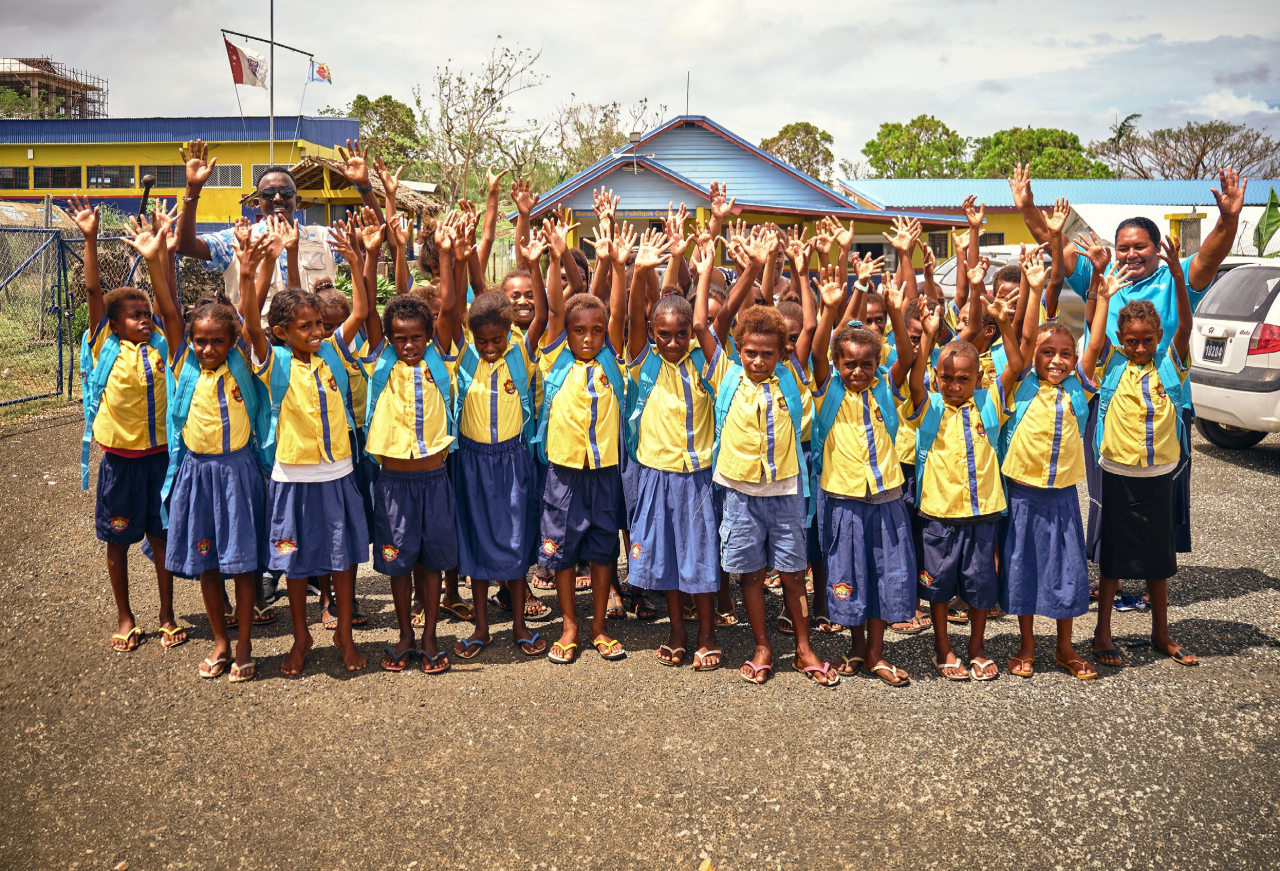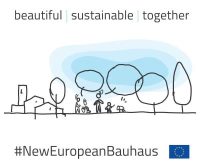A decoupling between economic growth and energy consumption is absolutely necessary if the world is to survive, said Gael Giraud, AFD Chief Economist at an EIB Institute seminar.
Fossil fuels (oil, gas, coal) still represent 80% of the world’s energy consumption, he said. It is already too late to limit the rise in temperature of the global climate under 2°C by the end of the century and “business as usual” could lead to an increase of as much as 5°C, threatening life on earth.
The rise of the sea level (in Vietnam, the Mekong delta could soon become unfertile), the melting of glaciers, the erosion of soils, the increase of deserts (the Gobi desert, currently 200 kilometres away from Beijing, could reach the suburbs of the Chinese capital), the unavailability of drinkable water, are some of the already visible catastrophic consequences. This will lead to destabilizing climate migrations as the poorest countries are also the most vulnerable, Giraud added.
Shifting to a non-carbon based economy (decarbonizing electricity generation, shifting from fuel to electricity, focusing on energy efficiency in all sectors, preserving and increasing natural carbon sinks) is still possible, he said. To make a low-carbon economy work, it is necessary to set a carbon-floor price to boost the EU carbon market, to build low-carbon and resilient infrastructures, to mobilize development banks towards more low-carbon projects and to mobilize private financial actors, he concluded.
Click here for the presentation




